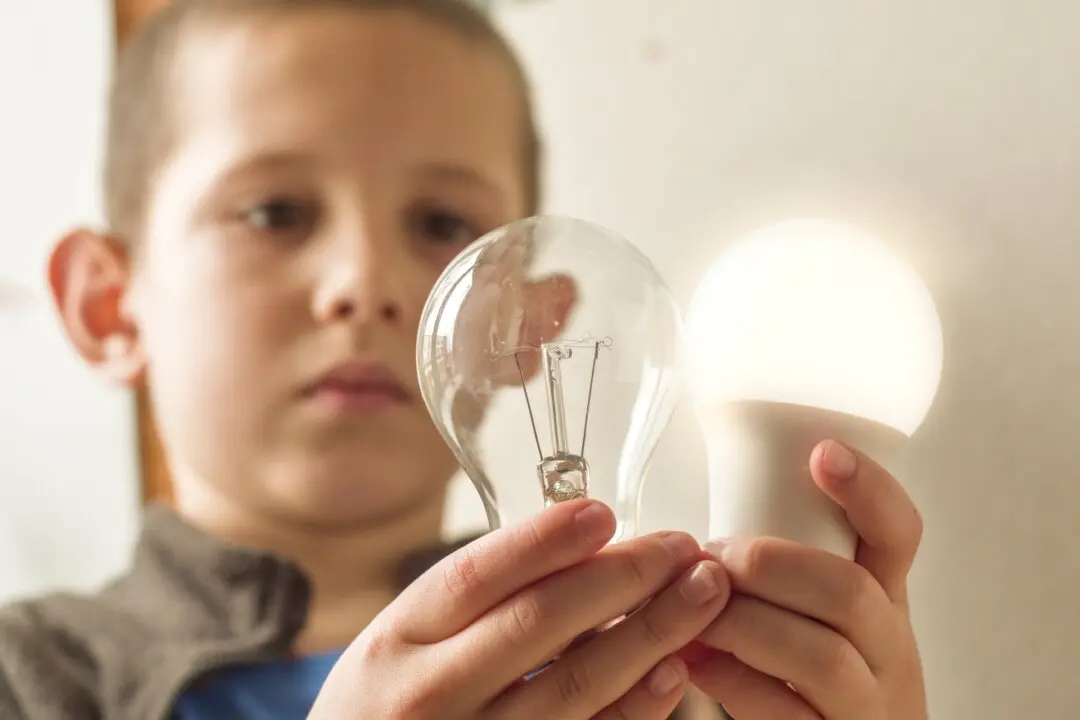These days, a trip to the grocery store requires nerves of steel. The cost of everything, it seems, is soaring. Why? Can we blame the pandemic? Will prices return to pre-pandemic levels once this thing settles down? Will it ever go away? Who knows? One thing is for sure: It’s time to hunker down and find reasonable ways to cut food costs every way that we can.
Here’s one: Stop buying bottled water.





